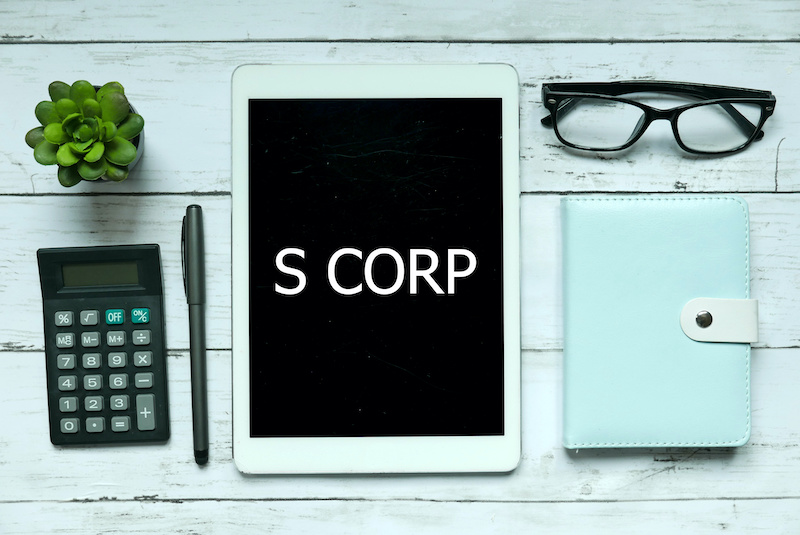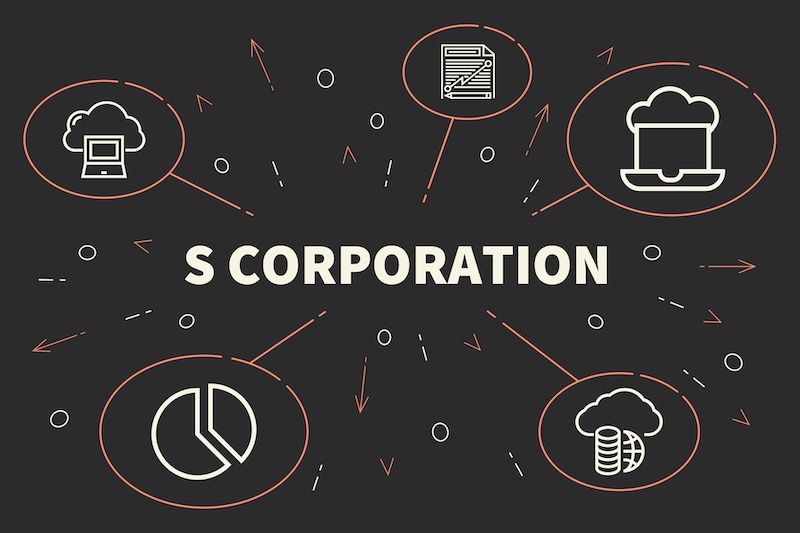
As a small business owner, how do you determine the appropriate tax classification of the business? When an individual owns a business entity classified either entirely or partially as an S corporation, ask an experienced estate planning attorney and tax advisor when planning for death. Depending on your estate planning goals, the advice provided by these professionals may differ from the advice given to another business owner.
For example, upon your death:

- Do you intend to bequeath your business as an ongoing business entity producing income for your spouse or loved ones?
- Will the business continue to operate for years after you die to provide employment?
- Would you prefer to sell the company to the other owners? The court distributes proceeds among your beneficiaries.
- Alternatively, do you intend to shutter the business and sell assets?
- Is it important to protect beneficiaries from lawsuits, divorce, or bankruptcy once they receive their inheritances?
Thus, as a business owner, consider various scenarios when it comes to estate planning. And due to certain federal laws, your estate planning must carefully address a business taxed as an S corporation.
What is an S Corporation?

The Internal Revenue Service (IRS) describes S corporations as “corporations that elect to pass corporate income, losses, deductions, and credits through to their shareholders for federal tax purposes.” This election is allowed under § 1362 of subchapter S of the Internal Revenue Code (I.R.C.), where S corporations get their name.
With a C corporation, proceeds are first taxed on profits when earned and then taxed again to the shareholders after profit distribution. With an S corporation, a tax advantage applies to the shareholders. The shareholders report their share of the S corporation’s profits and losses on their individual tax returns. The IRS then assesses tax at individual income tax rates.

When dealing with S corporation stock, follow the S corporation requirements. This ensures that the corporation’s S election does not terminate and result in disastrous tax consequences. If you currently own shares of stock in a business being taxed as an S corporation, call us to start forming a plan about what will happen to your business at your passing. Your loved ones and employees will thank you.
About Skvarna Law Firm in Glendora and Upland, California
A skilled attorney can assist with your estate plan. Contact us today to learn about your options (909) 608-7671. We operate offices in Glendora and Upland, California. We provide legal services for individuals living in San Bernardino, Los Angeles, Orange, and Riverside Counties. This includes the cities of Upland, Ontario, Rancho Cucamonga, Fontana, Colton, Rialto, Chino, Chino Hills, Glendora, Claremont, Montclair, Pomona, La Verne, San Dimas, Azusa, Covina, West Covina, Diamond Bar, Walnut, La Puente, Corona, Norco & Mira Loma. Visit SkvarnaLaw.com to learn more.


